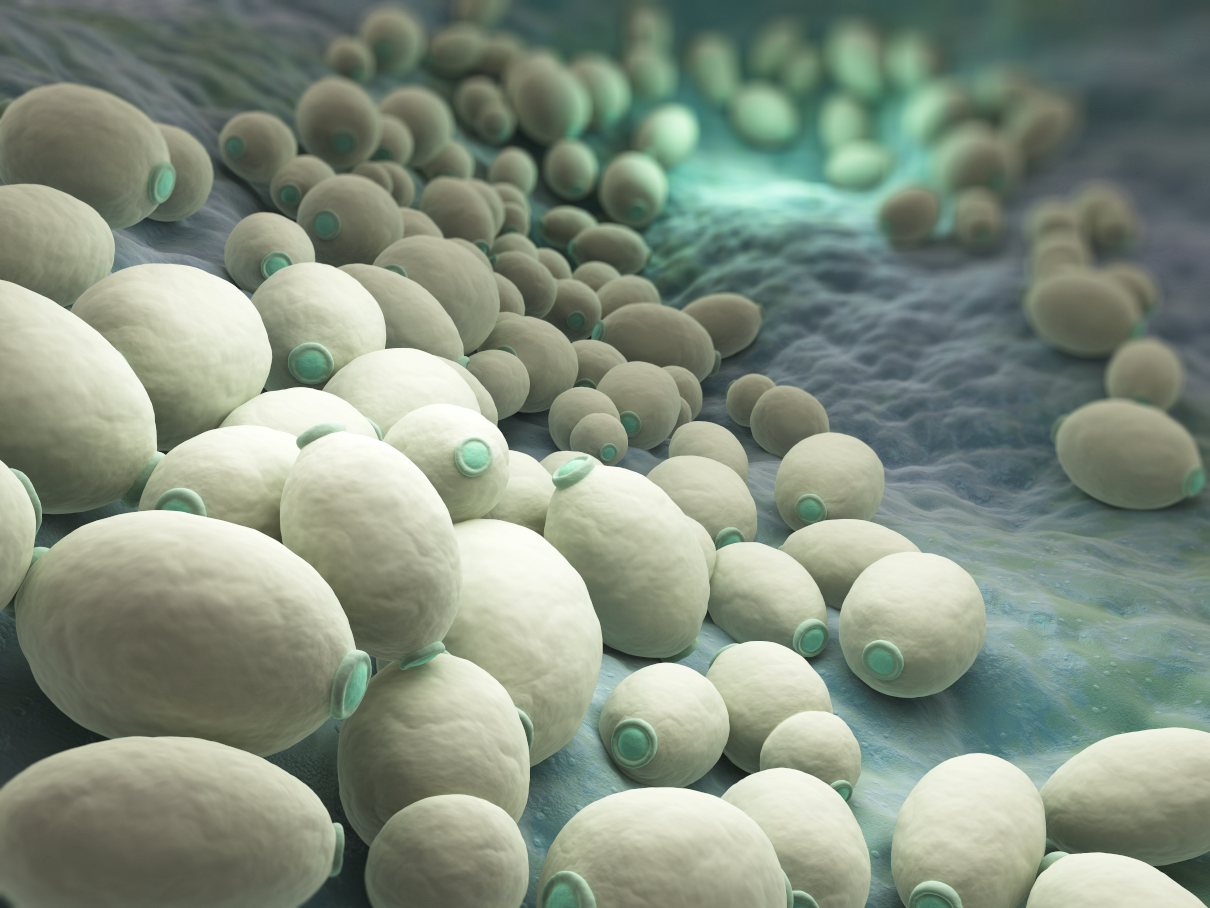
Adiposity is a hypothalamic disease when fatty tissues develop excessively. The condition usually develops after reaching 40 years of age. It is typical of women. Adiposity primarily results from an energy balance disturbance, i.e. the discrepancy between the amount of energy entering the organism and its consumption.
Adiposity often arises from hyperalimentation. It can also result from impaired control over energy consumption. Many factors may prompt the disease. Among those are a hereditary-constitutional predisposition, insufficient physical activity, some physiological states (pregnancy, lactation, climax, etc.), and such factors as age, sex and professional occupation.
Changes in behavioural reactions
Adiposity is a hypothalami-hypophyseal disease. Its pathogenesis centres on expressed hypothalamic disturbances causing changes in behavioural reactions (particularly food behaviour) and hormonal disorders. It increases the activity of the hypothalamic-hypophyseal-adrenal system. Further, the adrenocorticotrophic hormone secretion rises. It also increases the hydrocortisone production speed. Besides, it accelerates metabolism.
Moreover, it reduces the secretion of the somatotropic hormone, featuring a lipolytic effect. It impairs the secretion of gonadotropin and sexual steroids. Also, the decreased efficiency of hyperinsulinemia characterises it. The metabolism of thyroid hormones and sensitivity of peripheral tissues impairs.

Mini Detox PLUS – 3 colonics, minerals, herbal & probiotic implants
The ideal pattern of colonic treatments includes three alkalising colon hydrotherapy treatments with sodium bicarbonate, one anti-parasitic implant on the first treatment, one liver and gall bladder stimulating herbal implant on the second treatment, and a high-strength probiotic implant on the third colonic.
Types of adiposity
Adiposity can be alimentary-constitutional, hypothalamic and endocrine. Alimentary-constitutional fatness is of family type and, as a rule, affects the members of one family or their blood relatives: regular hyperalimentation, improper nutrition, lack of physical exercise, etc., cause it. Hypothalamic adiposity arises from a disturbance of the hypothalamic functions. It also features many peculiar clinical characteristics.
Symptoms
Endocrine adiposity is one of the first symptoms of a primary pathology of the endocrine glands, i.e. hypercorticism, hypothyroidism, hypogonadism, etc. However, all the forms lead to certain hypothalamic disturbances, either direct or developing during the disease’s progress.
We have accumulated significant statistics over the past sixteen years providing preventive treatment to patients with a diagnosis of adiposity. Besides, we noticed significant improvements in the general health status of most patients with regular colonic hydrotherapy using sodium bicarbonate solution. Moreover, probiotic implants make positive effects last longer.
We also recommend a food intolerance test to reduce the number of factors affecting health negatively.

Food intolerance test of 208 ingredients
This is our most comprehensive food and drink test. It analyses your client’s IgG antibody reactions to 208 food and drink ingredients. This test will highlight their food triggers and help you formulate an IgG-guided elimination diet together.











